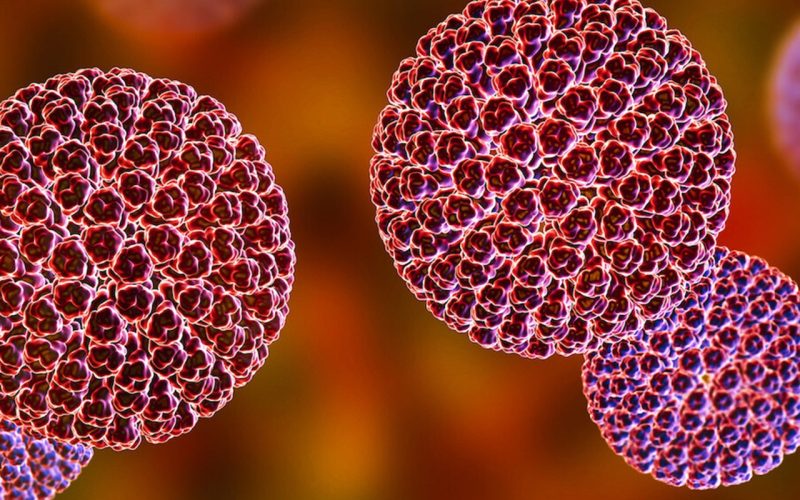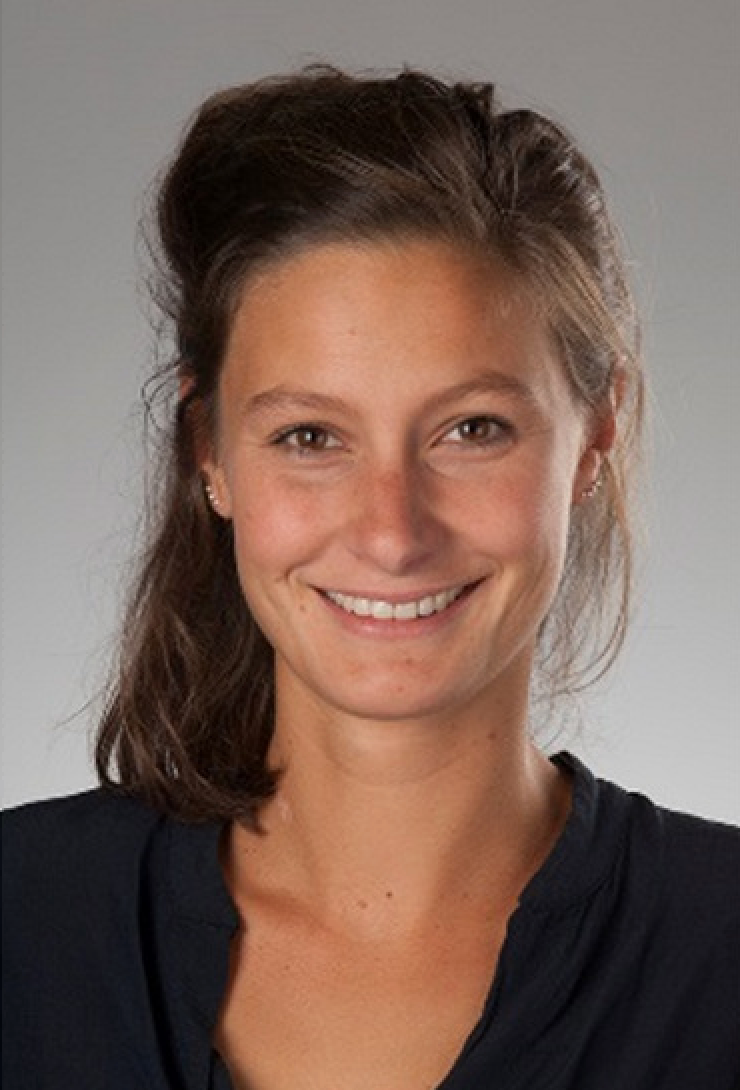Vaccination of children with medical risk factors against acute gastroenteritis due to rotavirus infection does not appear to offer sufficient protection. It is expected that a nation-wide vaccination strategy – resulting in herd immunity – would be needed to offer the necessary protection for infants with medical risk conditions. This was concluded by Fien van Dongen at UMC Utrecht in her PhD thesis on basis of the results of the Risk-group Infant Vaccination Against Rotavirus (RIVAR) study.
Specific populations, such as children at high risk for severe gastrointestinal disease due to rotavirus infection (medical risk conditions; e.g. prematurely born or born with congenital malformations) have, in most cases, been excluded from large-scale clinical trials. However, research in healthy children is not necessarily representative of the entire pediatric population. It is therefore important to investigate if a rotavirus vaccine would also protect these children at risk against vomiting and diarrhea caused by the rotavirus. In addition, it would be relevant to assess which vaccination strategy (target group-oriented or general) would then be best. Josephine (Fien) van Dongen (PhD student at the Julius Center for Health Sciences and Primary Care, UMC Utrecht) investigated in the RIVAR study if rotavirus vaccination was effective in infants with medical risk conditions.
Follow-up from birth up to 18 months of age in children at risk from 13 Dutch hospitals participating in the RIVAR study, vaccine effectiveness was only 30 percent (in 719 vaccinated infants). This contrasts with previous studies in healthy children that have shown that vaccination effectively protected for more than 80 percent against serious infection. The rotavirus vaccine seemed generally well tolerated in in the risk group infants, but vaccine coverage in this population was only 52.3 percent. Vaccinating only at-risk children is therefore not the right strategy for rotavirus infection. As a consequence, the Dutch Health Council has decided not to introduce vaccination for this at-risk group. The most logical step is a general vaccination of the pediatric population via the national immunization program, especially if the price of the vaccine would go down.
Fien van Dongen explains what vaccination of all children would implicate: “We know from experiences from other countries that with a nation-wide vaccination strategy herd immunity can be achieved which indirectly also protects children with medical risk factors. We believe that general vaccination against rotavirus can prevent a large part of rotavirus-associated hospitalizations and severe acute gastroenteritis in both at-risk and healthy children.”
On the explanation of the limited effect of the vaccine she says: “It’s probably a combination of factors. One of those factors being an immature immune system. In children born prematurely, the immune response is generally less well developed. So these children probably also react less to this vaccine. In addition, many of these children – even if they are not premature – are seriously ill in their first weeks of life. They stay in the hospital for an average of 28 days after birth, with necessary support for all kinds of vital functions, which also may have an effect on the immune system. And the first dose of rotavirus vaccination must be given early in life, preferably between 6 and 9 weeks.”
Virtually all children under the age of five contract the rotavirus. It is a contagious disease, in which acute inflammation of the stomach and intestines occurs, leading to vomiting, diarrhea and fever. The disease is mild in most children, yet tens of thousands of parents visit the doctor with their child every year. Every year, in the Netherlands 2,500 to 3,000 children are hospitalized with symptoms of dehydration due to the rotavirus, many of whom are otherwise healthy children. Five to six children each year die from the consequence of rotavirus infection, these deaths usually occur in children with a medical risk factor. The Dutch Health Council stated in their latest advice (June 2021) to implement rotavirus vaccination in the national immunization program for all infants.
Josephine (Fien) van Dongen, MD (1989, Amsterdam) will defend her PhD thesis on September 28, 2021 at Utrecht University. The title of her thesis is “Rotavirus vaccination for infants with medical risk conditions”. Supervisor is prof. dr. Marc Bonten and co-supervisor is dr. Patricia Bruijning-Verhagen (both Department of Epidemiology of Infectious Diseases, Julius Center for Health Sciences and Primary Care, UMC Utrecht). As of January 2022, Fien van Dongen will start as doctor in training to become a pediatrician at Amsterdam UMC.
Watch this video: Fien van Dongen about rotavirus infection and the outcome of the RIVAR study

